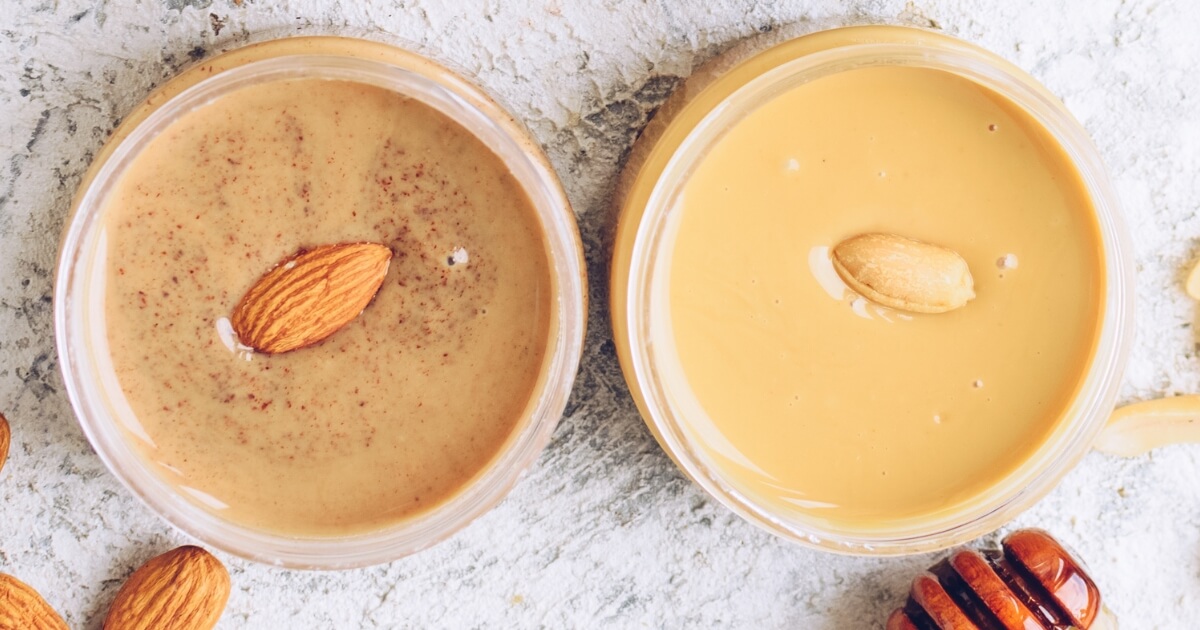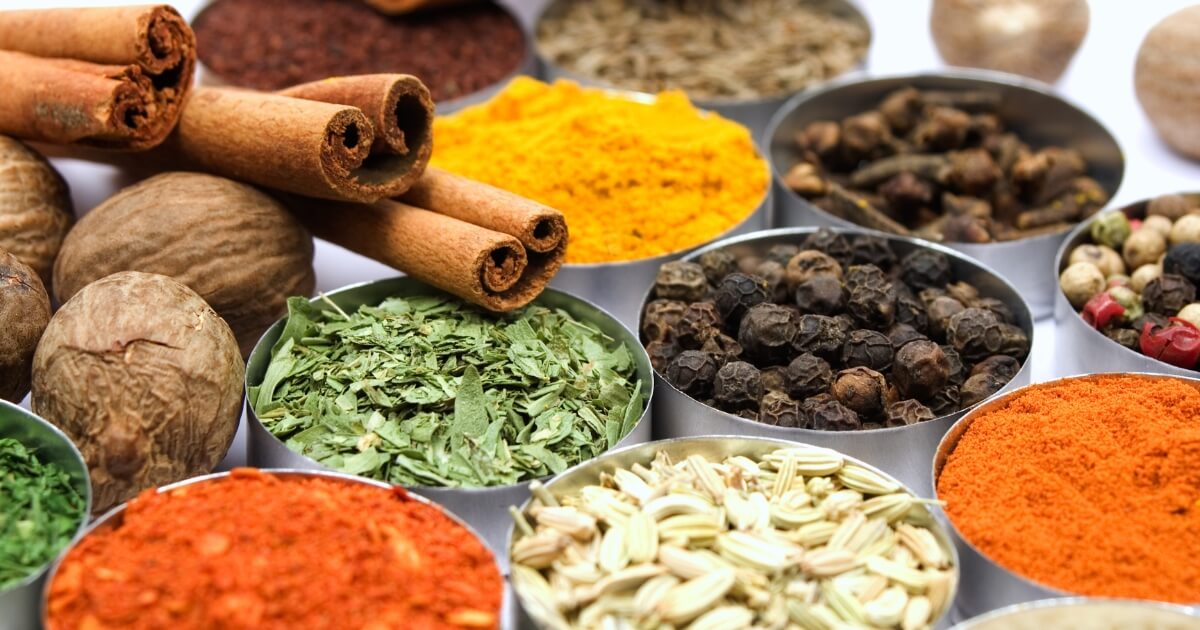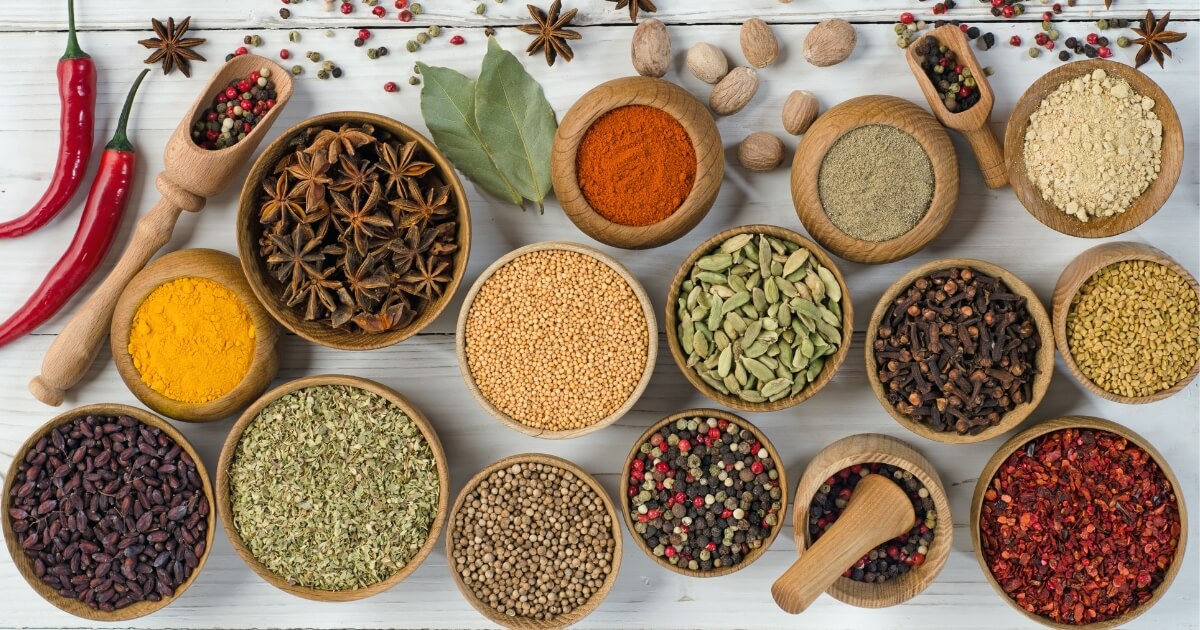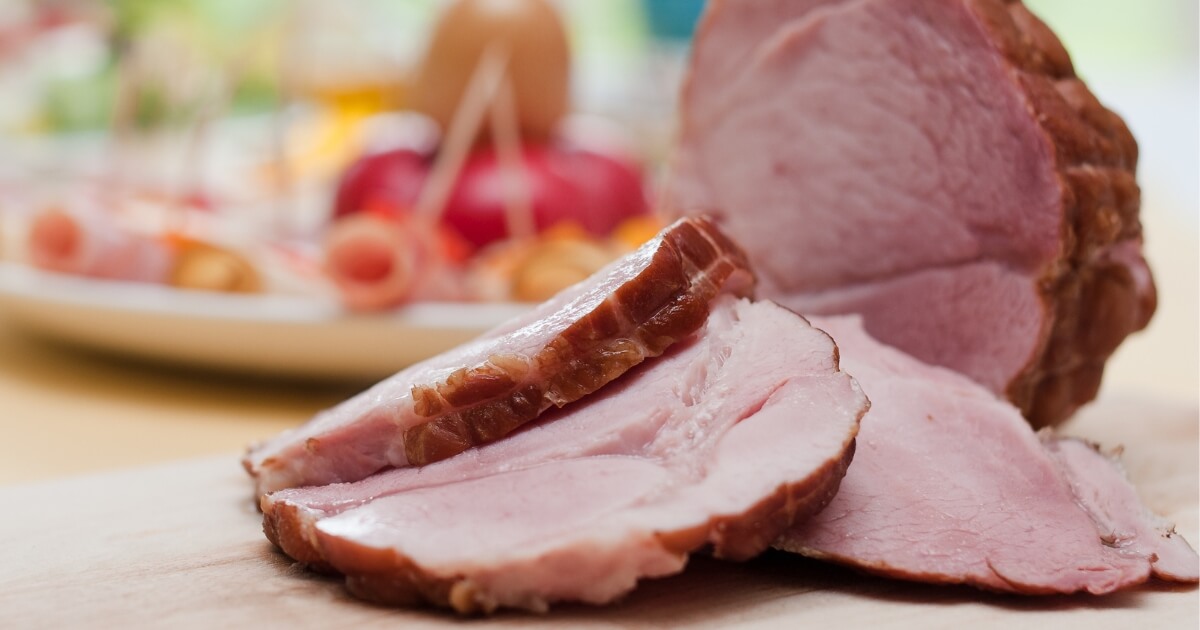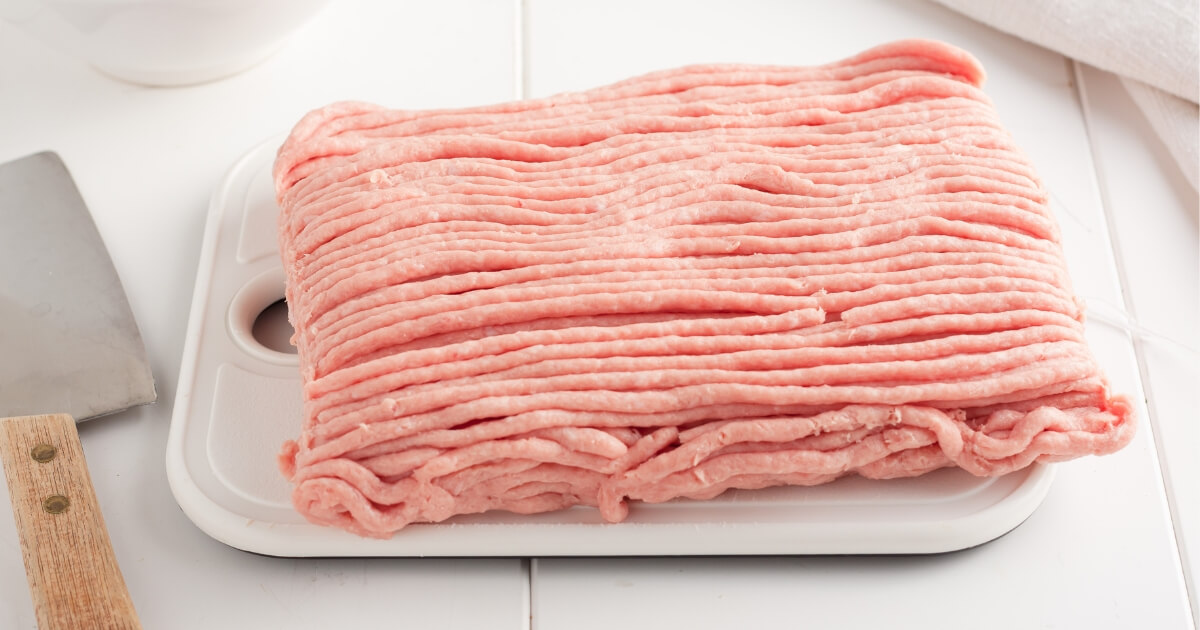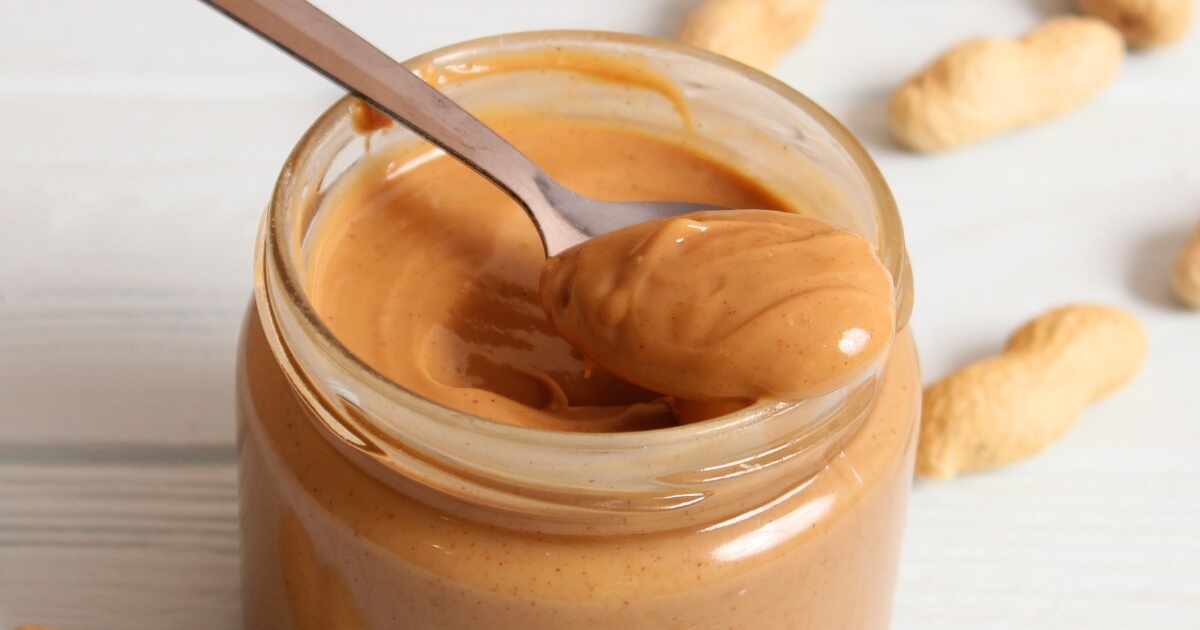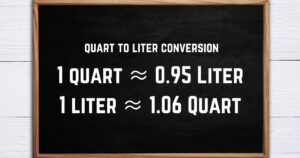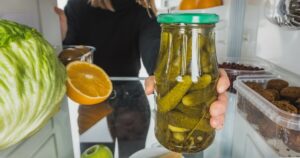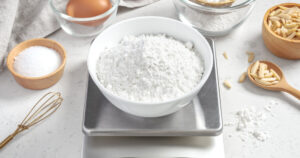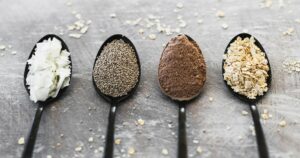Knowing the difference between produce items is important for your health and your recipes. Not only do they have different nutritional profiles, but their application in cooking can also vary greatly. What is the difference between fruits and vegetables?
The difference from a home cook standpoint is that fruits are often used in sweeter recipes and come from the fleshy seed-bearing parts of plants developed from a flower. On the other hand, vegetables are often used in savory dishes, and they come from all other edible parts of plants, including leaves, stems, and roots.
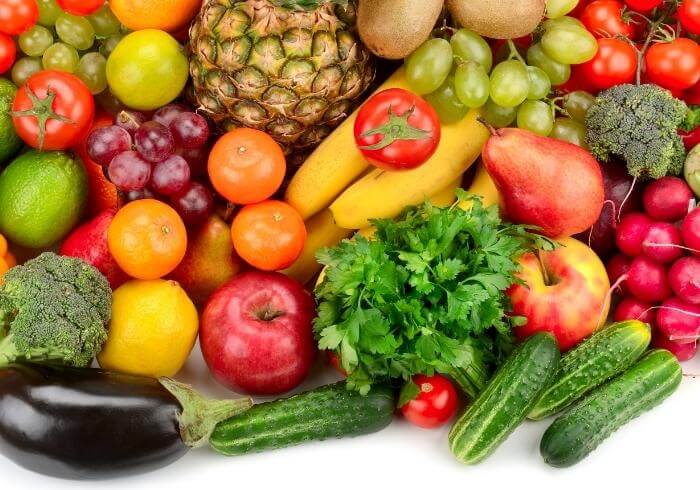
It’s not always clear by definition which category a particular produce item falls into, so I wrote this guide to help you make the distinction.
What Makes A Fruit A Fruit
Technically a fruit is a seed-bearing structure in flowering plants. Fruits develop from pollinated flowers that grow into something edible and contain the plant’s seeds.
A few common fruits include:
- Apples
- Bananas
- Oranges
- Watermelons
- Strawberries
In general, the shelf life of fruits is not long because they are picked when they are ripe and then begin to spoil quickly soon after.
Fruits are often eaten raw, although some can be cooked down into preserves or used as ingredients in other dishes. They are an excellent addition to any dessert for the end of your meal or as a snack on their own.
Some seeds can be processed and eaten, but it’s the juicy flesh, and natural sugars in fruits make them sweet to the taste, like the taste of lychee, that most people love about them.
What Makes A Vegetable A Vegetable
A vegetable is not a fruit because it comes from other parts of the plant that are edible such as stems, roots, stalks, and leaves.
A few common vegetables include:
- Potatoes (root or tuber)
- Asparagus (stem)
- Celery (stalks)
- Spinach (leaves)
Many root vegetables are starchy and contain high levels of carbohydrates, such as potatoes which are excellent for thickening soups and stews and leave you feeling full.
Potatoes tend to have the best shelf life and don’t show signs of spoilage quickly compared to vegetable leaves or watery stems.
On the other hand, celery is mostly made of water and fiber and is excellent for adding crunch to a dish or eating as a low-calorie snack. When celery is stored correctly, its shelf life can be extended by weeks.
Then, there are leafy vegetables like spinach, which are full of vitamins and minerals but low in calories. Spinach has a similar shelf life to fruits and should be stored fresh and used up quickly.
When cooking, you’re likely to include vegetables as part of the main course of your meal, such as in salad, soups, or steamed with butter.
Vegetables Mistaken For Fruits
A variety of fruits are labeled as vegetables, so it’s no wonder that people often get confused. Here are a few common vegetables that are technically fruits:
- Tomatoes – Tomatoes are edible fruit with many seeds that grow on the vine of the tomato plant. While we typically think of them as vegetables, they are technically fruits.
- Cucumbers – Cucumbers are members of the gourd family, grown from flowers, have tiny seeds, and are technically fruits.
- Peppers – All varieties of peppers, including sweet bell peppers and hot chili peppers, are fruits.
- Eggplants – Eggplants are also fruits that belong to the nightshade family.
- Avocados – Avocados are berries! They are unique fruits because they have a single large seed in the center of the fruit.
- Squash – All varieties of squash, including pumpkins, are actually fruits.
When it comes to cooking at home, it makes sense that some of these are classified as vegetables and others as fruits by the way we use them. Imagine having eggplant for dessert? No thanks!
There are some cases where your produce could be a fruit or a vegetable, depending on how it’s used. Corn is a great example of this, but for our sake cooking at home, it’s a vegetable.
Vegetable VS Fruit FAQs
Do Vegetables Have Seeds?
Yes, some vegetables have seeds, and others do not. For example, vegetables such as broccoli and cauliflower do not have seeds until they start to flower.
Are Vegetables Healthier Than Fruits?
It depends on your dietary goals. Fresh fruits and vegetables are both nutritious, high in fiber, and generally low in fat.
What Is Considered A Fruit?
Most people consider a fruit to contain seeds that are often fleshy, juicy, and sweet.
What Is Considered A Vegetable?
A vegetable is often seen as a savory item used in cooking that comes from the roots, stems, and leaves of a plant, and doesn’t always contain seeds.
Is A Fruit A Plant?
A fruit is part of a plant that contains seeds. Those seeds can eventually become a new plant on their own.

